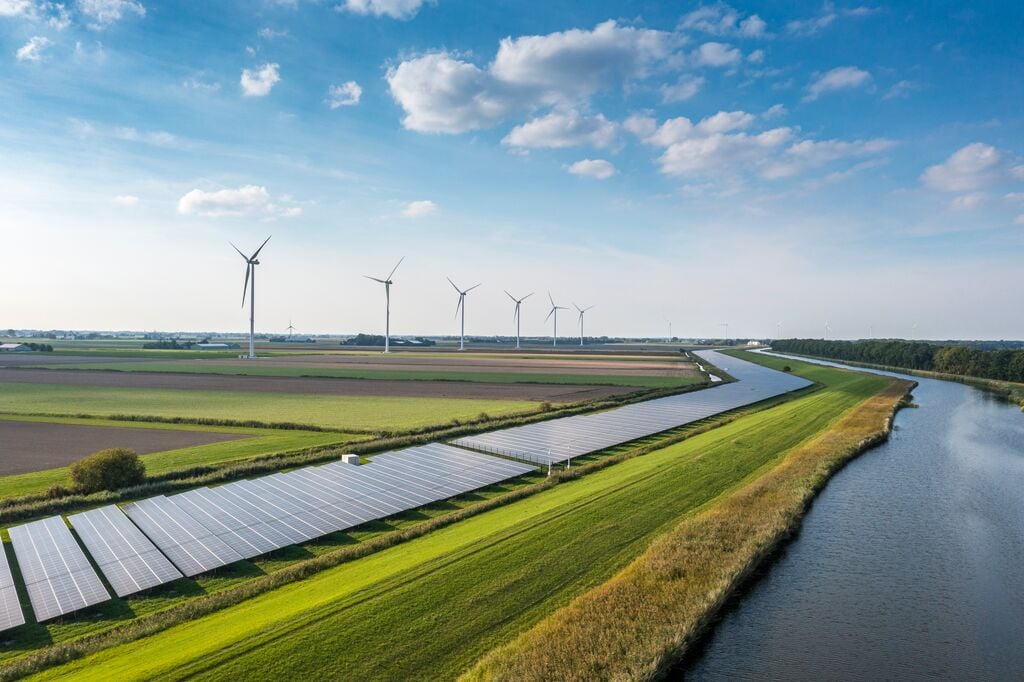The International Organization for Standardization (ISO) has registered a draft update for ISO 14001, the globally recognised standard for environmental management systems.
However, this is not the official Draft International Standard (DIS) yet. The draft has been registered as a DIS but must undergo a 12-week ballot period. The outcome of the voting process remains uncertain; if consensus is reached, the draft may proceed to become the official Draft International Standard (DIS). However, if further changes are required, it could be sent back to the committee for additional revisions before moving forward. The final version of ISO 14001 is anticipated for publication in January 2026.
Key proposed changes
The draft update to ISO 14001 introduces refinements aimed at improving clarity, consistency and alignment with other ISO management system standards. Key proposed changes include:
- Alignment with ISO's harmonised structure (HS): The draft incorporates the latest HS to ensure consistency across management system standards.
- Enhanced clarity: Text revisions aimed at improving understanding by rephrasing existing requirements and adding explanatory notes.
- Detailed guidance in Annex A: The draft provides expanded guidance on key topics to clarify requirements.
- Climate change considerations: Climate change has been explicitly included in Clause 4.1 (understanding the organisation and its context), reinforcing the importance of environmental risks and external factors.
- Examples of interested parties: Aligning with ISO 9001, a new NOTE in Clause 4.2 (understanding the needs and expectations of interested parties) provides examples to clarify who may be considered an interested party.
- Life cycle perspective: A NOTE has been added to Clause 6.1.2 (environmental aspects) to provide additional guidance on the application of a life cycle perspective.
- Revised planning structure: Clause 6.1.4 (planning action) has been renamed "Risks and Opportunities", while a new Clause 6.1.5 ("Planning Actions") is under consideration.
- New clause on managing change: A new Clause 6.3 has been introduced, titled "Planning and Managing Changes", emphasising the need for structured change management in environmental management systems.
- Strengthened operational controls: Clause 8.1 (operational planning and control) now explicitly states that organisations must control or influence externally provided processes, products or services that are relevant to their environmental management system. The type and extent of this control must be clearly defined within the EMS.
- Management review restructuring: Clause 9.3 (management review) has been reorganised into three sub-clauses: 9.1 General, 9.2 Management Review Inputs and 9.3 Management Review Outputs, improving clarity and structure.
- Improvement section revision: Clause 10.1 (General) under section 10 (Improvement) has been deleted as part of the simplification process.
It is important to emphasise that all of these changes are still in draft form and are subject to the ongoing 12-week ballot process. At this stage, nothing is finalised – the proposed updates may move forward as part of the Draft International Standard (DIS) if consensus is reached, or they could be sent back to the committee for further revisions.
The ballot process is designed to gather feedback from stakeholders and ensure that any modifications to ISO 14001 align with best practices and industry needs. Until the final version is officially published, there remains the possibility of further refinements, clarifications or adjustments.
Transition timeline
Following the final publication in January 2026 organisations will be granted a transition period to align with the updated standard. While the typical transition period for ISO management system standards is up to three years, this may be shorter due to the limited scope of changes in this update. Further details are expected by spring 2025.
How LRQA is supporting your transition
With revisions to ISO ISO 9001 already underway and updates to ISO 45001 expected in 2027, now is the ideal time to start preparing for your transition and take a more strategic view of your overall management system. To help organisations navigate the journey, LRQA has launched the Transition Club – a dedicated hub for everything related to the upcoming ISO revisions.
As a member, you’ll gain access to:
- Expert explainers and guidance on ISO 14001 as updates emerge
- Awareness briefings to help you understand what’s changing
- Transition training tailored to your quality management system
- Gap analysis and advisory support for planning and implementation
- Tools and resources to support integrated systems
Our support is built around flexibility, clarity and the needs of your organisation – whether you're just starting to prepare or already planning your next steps.
Expert support you can trust

"While the draft update to ISO 14001 does not introduce new requirements, it refines existing ones to improve clarity and consistency. At LRQA, we are proactively engaging with the revision process to ensure our clients understand the changes and transition seamlessly. Our priority is to provide the latest insights, training and certification support, reinforcing our role as a trusted partner in environmental management."
Prepare with confidence through LRQA training
With ISO 14001 and ISO 9001 updates expected in draft form by mid-2025, LRQA is here to help you get ready. Our Awareness Briefing gives you a clear view of the proposed changes and what they could mean for your management systems. To go further, our Transition Training helps you understand the implications in depth and create a practical transition plan that suits your organisation’s needs. When the final standards are issued, we will be ready with advanced training and tailored support to help you apply the changes effectively. With revisions to ISO 45001 also on the horizon, LRQA will keep you informed and supported throughout.
Browse training courses below.
